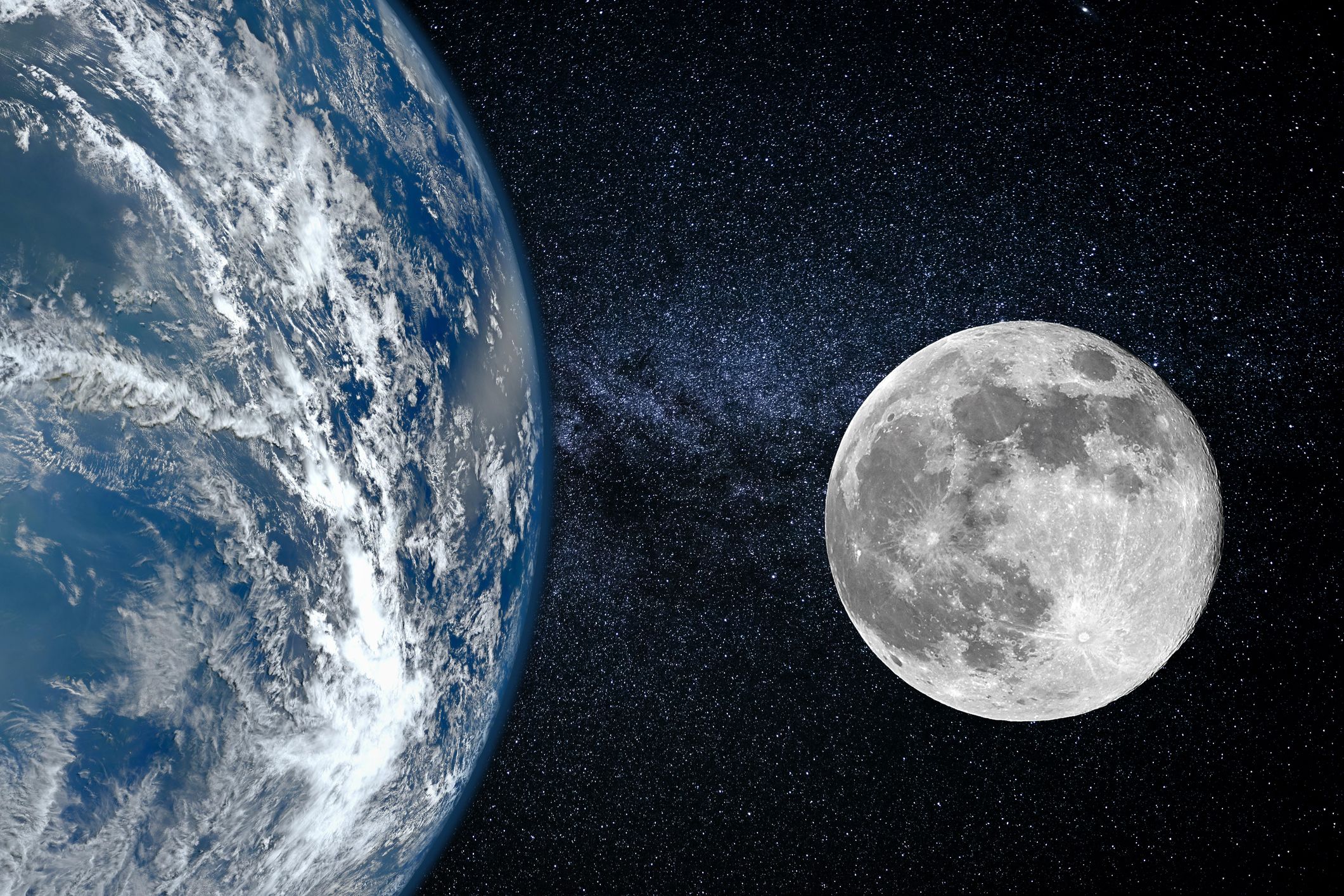
Ever think the night sky is just too darn dark? Perhaps you wish your city had a better way to illuminate its backstreets than aging sodium lamps and the background glow of office blocks.
If so, fear not—a Chinese company wants to launch a fake moon that can bathe a city in a dusky glow eight times brighter than the light from our faithful rocky friend. Stumbling home by the flickering glare of streetlamps could become a thing of the past for the residents of Chengdu in 2020, People's Daily reported. No longer will each month's waning moon deprive the city of light, and no longer will its residents fumble for their keys by the light of a cellphone, if the company has its way.
Wu Chunfeng, chairman of Chengdu Aerospace Science and Technology Microelectronics System Research Institute, said his company had been testing an "illumination satellite," the publication reported. The artificial moon would light up areas from 6 to 50 miles wide, he said at an innovation event held in the city on October 10. Its adjustable shiny wings would allow for the precise reflection of sunlight, Asia Times reported. Officials hoped it would attract tourists.
But not everyone is happy with the unusual plan. Critics questioned whether light from the satellite would affect the health of Chengdu's residents, both human and animal. Kang Weimin, director of the Institute of Optics, School of Aerospace, Harbin Institute of Technology, said the artificial moon's dusky glow wouldn't interfere with animals' sleeping schedules, People's Daily reported.
It is unclear what impact the satellite would have on astronomy and stargazing.
This isn't the first time a private company has tried to artificially illuminate the night sky. Earlier this year, American Aerospace company Rocket Lab launched a glittering disco ball called the "Humanity Star" in an attempt to "encourage people to look up at the night sky and ponder our place in the universe," CEO Peter Beck explained in an emailed statement. Mocked as a light-polluting PR stunt online, the satellite plunged to its death in the Earth's atmosphere just two months later.
Meanwhile, a Japanese startup is developing satellites that can deploy artificial meteor showers in the form of tiny pellets that burn up in the sky. Astro Live Experiences previously announced plans to send its fake shooting stars through the skies above Hiroshima in early 2019.
Uncommon Knowledge
Newsweek is committed to challenging conventional wisdom and finding connections in the search for common ground.
Newsweek is committed to challenging conventional wisdom and finding connections in the search for common ground.
About the writer
Katherine Hignett is a reporter based in London. She currently covers current affairs, health and science. Prior to joining Newsweek ... Read more
To read how Newsweek uses AI as a newsroom tool, Click here.








